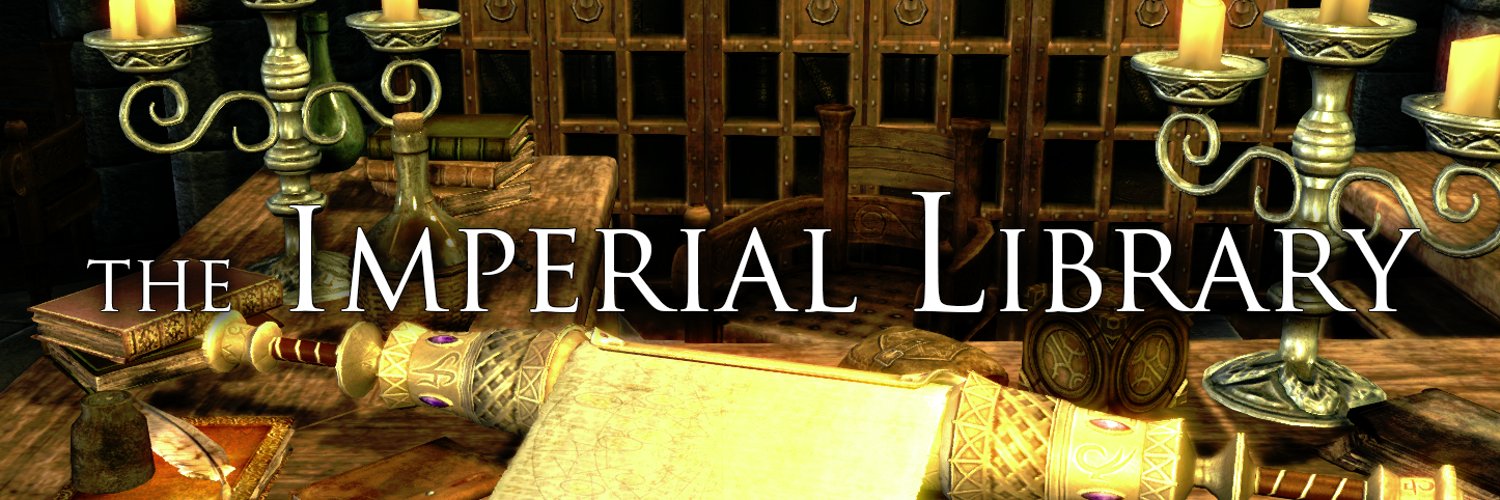Personally, I'd say what counts as an anti-feat for Acausality Type 5 would largely be restricted to occasions where the alleged acausal character is interacted with by normal people, or more generally beings that have absolutely no precedent for being able to do that; in these cases, I'd be fine with just giving them resistance to Causality Manipulation, by virtue of those statements having demonstrable proof of not being fully literal, or at least, not literal enough to be taken to their logical conclusion. Pretty much what Agnaa said up there.
I don't think characters being shown to act at all would necessarily count as an anti-feat, though, particularly if those scenarios strictly involve the Acausal character in question and other entities participating in the same state of existence as them. Depending on the case, I believe it'd be fine to treat these occasions as narrative concessions, since art certainly has its limits and can't exactly depict a lot of other things as is. As an extension of this point, I'd like to rise the question of: Why exactly do we refuse to give Type 5 even if the character in question has no anti-feats to speak of? Is it because of concerns regarding what "Beyond cause and effect" would mean?
Nevertheless, to help with the "No characters qualify for this!" issue, I think a few characters do still qualify anyway. For instance, you got the
The Ultimate Gods, who exist on a level in which time and change are illusions. Indeed, that there appears to be change at all is just a trick of the mind caused by dimensioned beings experiencing different viewpoints of the same whole, which nonetheless remains unchanged (All of that is a product of local perspectives, which the Ultimate Gods are beyond):
As for the Elder Scrolls characters, I'd say they qualify as well, yes. TES in general places a lot of focus on how the Gods are completely beyond linear time and on a level
where everything happens simultaneously, and as such their lives can't really support most of the qualities of a narrative to begin with. They're explicitly
above cause, consequence and duration (All those being "trappings" that they willingly adopt to interact with mortals), and the whole idea of "
if-then," and are creatures of "the Ever-Now."
In fact, as a direct consequence of them lacking the concept of duration, it's stated that, although from a limited perspective, godly states of being may "eventually" snap back into normal, temporal states,
that's not actually the case, and eventuality as a whole is rendered moot; it seems like it ended, but it's actually occuring eternally outside of time. And this is actually practically demonstrated in verse, too:
Letters exchanged betwee Nu-Hatta and members of the Elder Countil, warning of an ancient threat and outlining the lore of Creation and the Towers

www.imperial-library.info
Basically, at the dawn of existence, the Gods had a convention outside of time, where they decided what the laws of the mortal plane would be. And since that meeting happened in a timeless state of being, it's "static," and even though to mortals, it seems like the Gods have long since finished it, they're actually still in there, constantly bringing the laws of reality into being through their discussion.
And then of course, you have the two highest entities being the primordial concepts of Stasis and Change, beyond even the above, and a supreme being who transcends both of them.
So, yeah, I think the idea that no one actually qualifies for Type 5 is kind of wack, even under stricter standards.
